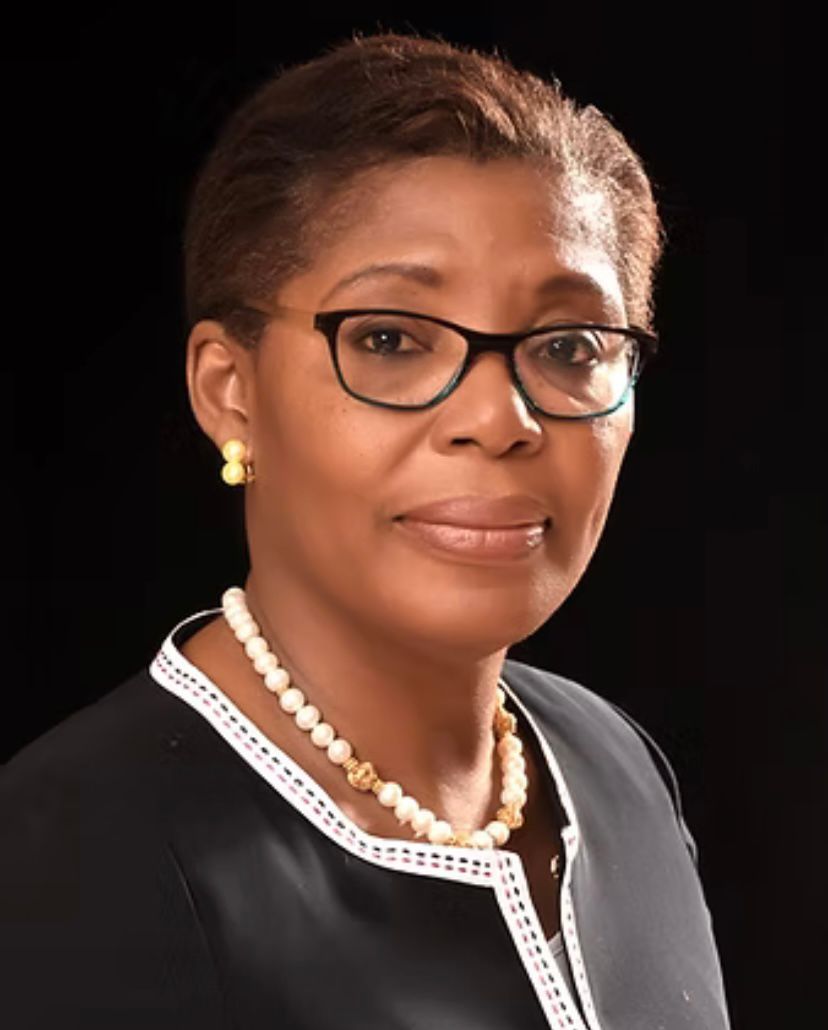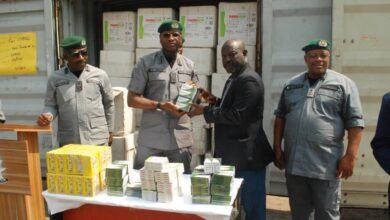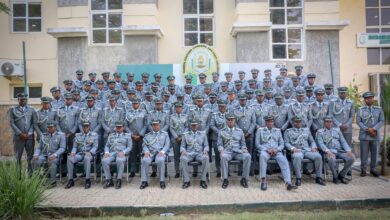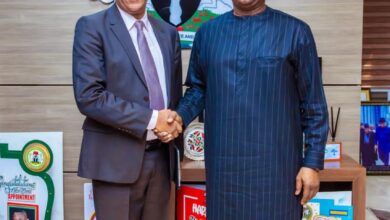
Maritime law expert and policy advocate, Mrs. Funke Agbor (SAN), has called on Nigerian media practitioners to move beyond passive reporting and take on a more proactive role in driving the development of the country’s Blue Economy.
She emphasised that media professionals are not merely reporters but vital advocates, watchdogs, and public educators in a sector holding immense economic, environmental, and social value.
Her presentation titled “Frameworks and Policies for Sustainability” at the International Maritime Institute of Nigeria (IMION) course for Media Practitioners, underlined the urgent need for the media to drive national awareness, push for policy implementation, and amplify the voices of coastal communities who often bear the brunt of environmental neglect and underdevelopment.
To underscore the transformative potential of the media, she pointed to the power of public pressure and storytelling in holding institutions accountable and influencing government action. In coastal communities, for instance, the effects of oil spills, marine pollution, and erosion often go unreported or misrepresented. Journalists, she said, have the power to bring national attention to these neglected areas and demand remedial action.
The SAN, reminded participants that Nigeria has spent decades talking about unlocking its maritime potential. What is now required is realization through deliberate, coordinated effort. The media, she argued, can serve as the missing link between policy and public participation a force that can push Nigeria from apathy to leadership in Africa’s maritime landscape
She said despite Nigeria’s natural maritime endowments including 870 kilometers of coastline, over 3,000 kilometers of inland waterways, and a prime location along the Gulf of Guinea the nation remains largely disconnected from its ocean economy.
Mrs.Agbor noted that while other African nations with fewer natural maritime advantages are positioning themselves as regional maritime hubs, Nigeria continues to suffer setbacks due to institutional fragmentation, outdated port infrastructure, pollution, insecurity, and poor intermodal logistics. She cited recent developments in neighboring countries like Togo and Ghana, which have made strategic investments in their ports and maritime frameworks, leaving Nigeria to play catchup.
She outlined the scope of the Blue Economy as extending far beyond fishing or shipping. It includes sectors such as aquaculture, maritime transport, coastal tourism, renewable ocean energy, waste management, shipbuilding, and marine biotechnology. These sectors, she said, hold enormous potential for job creation, foreign exchange earnings, and national development if only they are managed sustainably and transparently.
The renowned lawyer pointed out that the country is a signatory to numerous international conventions and has enacted key laws, including the NIMASA Act, the Cabotage Act, the Petroleum Industry Act, and the newly launched National Marine and Blue Economy Policy. However, implementation remains the greatest challenge despite the quality of these instruments, she argued, a lack of institutional synergy and enforcement has rendered them ineffective.
According to her, the Nigerian maritime regulatory landscape is characterised by overlapping mandates and agency competition rather than cooperation. Agencies such as NIMASA, the Nigerian Ports Authority (NPA), the National Oil Spill Detection and Response Agency (NOSDRA), and others often work in silos, focusing more on revenue generation than on regulation and environmental stewardship. This lack of coordination undermines the objectives of the Blue Economy policy and weakens the sector’s contribution to national development.
In her view, the press must go beyond event based coverage and engage in investigative, sustained, and solutionsoriented journalism that keeps maritime issues in the national spotlight. Regular columns, dedicated TV and radio programs, and blogs that track developments in ocean sustainability, port reforms, and blue innovation were recommended as practical tools for public engagement.
In the same vein, The Director General of IMION, Rear Admiral Thaddeus Christopher Udofia (Rtd), in his address, emphasised the critical role of the media in shaping public discourse, influencing policy, and promoting environmental stewardship in ocean governance.
Udofia described the course as a timely intervention to empower journalists with the knowledge and tools needed to report accurately and meaningfully on marine conservation, sustainable fisheries, blue energy, and other key sectors of the Blue Economy. He stressed that the oceans, while vital to global life and livelihoods, are increasingly threatened by climate change and unsustainable practices. Media professionals, he noted, must evolve from mere reporters to storytellers, watchdogs, and agents of change capable of highlighting both challenges and opportunities within the maritime domain.
The IMION Executive Course attracted reporters, editors, and broadcasters from across the country, as well as industry experts











s1s5an
That’s a fascinating take on longshot strategies! Seeing platforms like 987ph casino offer diverse games really changes the betting landscape in the Philippines. Solid analysis!